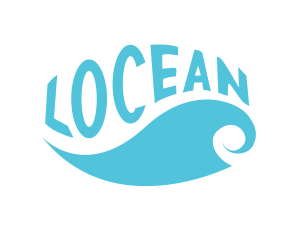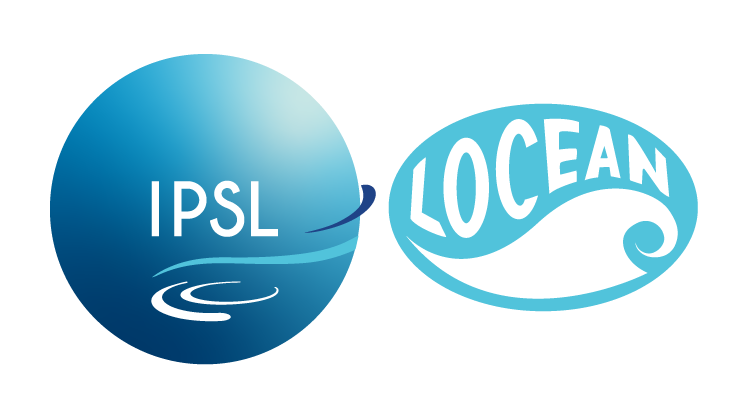Supporting teams
ADM
Through its role as the advanced service of each tutelage within LOCEAN, the managers mobilize the skills necessary for the administrative engineering specific to each tutelage. Thus, regardless of her employer of origin, the manager is delegated responsibility for all the tutelages.
The administrative department is thus in charge of each of the 4 institutions:
- monitoring the budget allocated to the UMR
- to support all LOCEAN staff in the development of their careers and skills
- manage research contracts
- to carry out the administrative acts of financial commitments
- to set up the mission orders.
DITM
RESEAU
The IT team is in charge of the proper functioning and development of the laboratory’s IT and network infrastructure.
The laboratory’s activity is centered on the study of climatic systems, past, present and future. through areas requiring strong IT needs, such as digital modeling, processing of instrumental data or satellite data.
Scientific teams
ABC
CYBIOM
NEMO R&D
The NEMO R&D team explores scientific questions related to physical oceanography, sea ice and marine biogeochemistry. The team is fundamentally interested in processes associated with these domains, interactions between them and other components of the Earth System, and the implications for climate. Our expertise covers multiple aspects of numerical and statistical model development as well as the advancement of observational constraints.
PROTEO
The objective of the PROcess and Fine-Scale Oceanic Interactions (PROTEO) team is to gain a better understanding of the processes governing the variability of ocean dynamics and the fine-scale interactions between ocean physics, marine biogeochemistry and ecosystems. The scales concerned are the mesoscale, the (sub) -mesoscale, from a few days to a few years. We study in particular the biogeochemical cycles (nutrients, carbon, oxygen), plankton and its biodiversity, the ecology of higher predators and exchanges at water-air-ice interfaces, . Our approach is based on modeling (physics-biogeochemistry-marine ecosystem), data collection and analysis (in-situ and satellite, animal telemetry) and the development of innovative methodologies.
VALCO
The research objectives of the VALCO team are the long term reconstruction of past climate and past environmental changes beyond instrumental records, over monthly, centennial, millennial and up to million years timescales, to better understand their mechanisms and impacts.
Within this large scientific research topic, we focus on the following issues:
- Large tropical circulation systems: monsoon and convergence zones (ITCZ, SCAS, SCPS, ..)
- El Niño Southern Oscillation (ENSO)
- East margin upwelling systems
- Impacts of climate change on ecosystems
- Model-data evaluation
- Validation and calibration of newly established paleo-climatic and paleo-environmental proxies
The team’s research is focused on various geographical localisations, including Africa, Latin America and the Caribbean, Pacific and Indian tropical Ocean.
Paleo-climatic and paleo-environmental reconstructions are performed using geochemical, sedimentological or biological indicators preserved in natural archives (marine and lake sediments, speleothems, corals, foraminifera, shells…etc).


